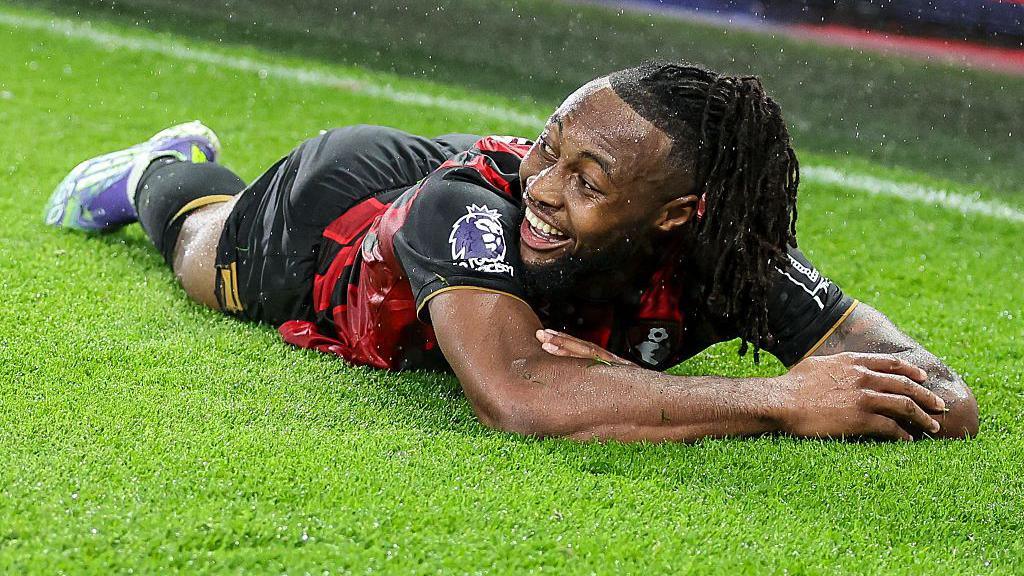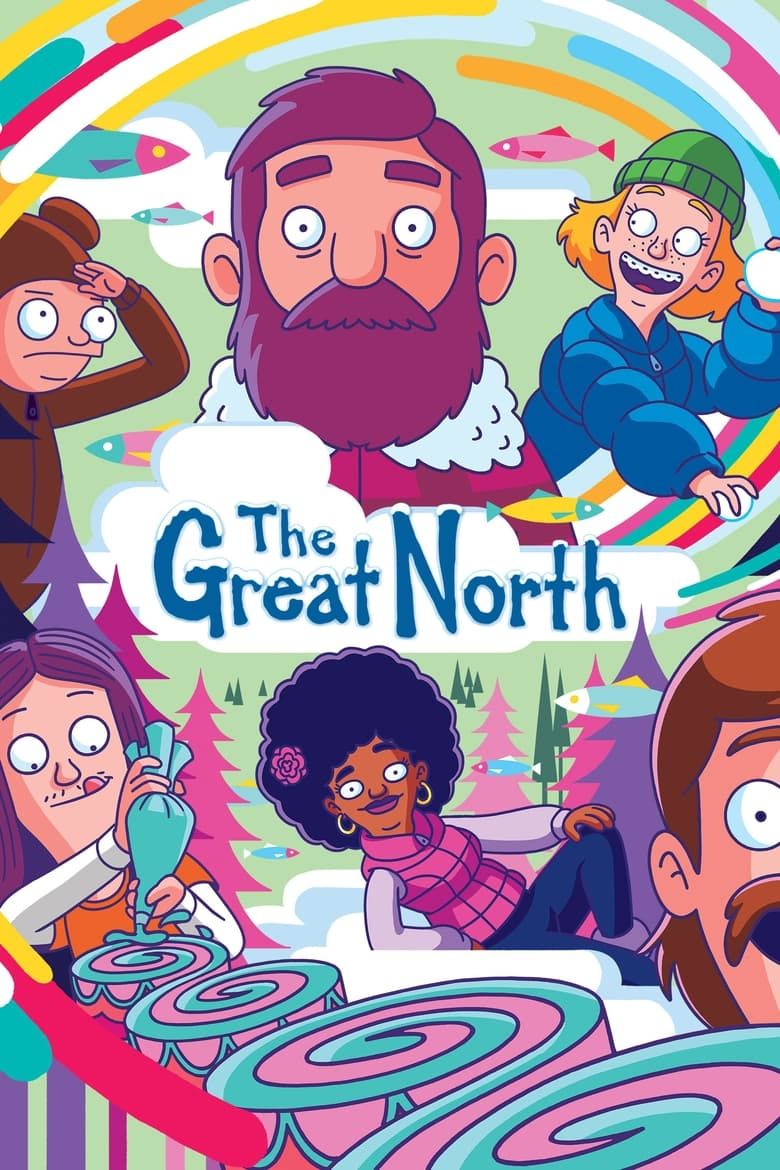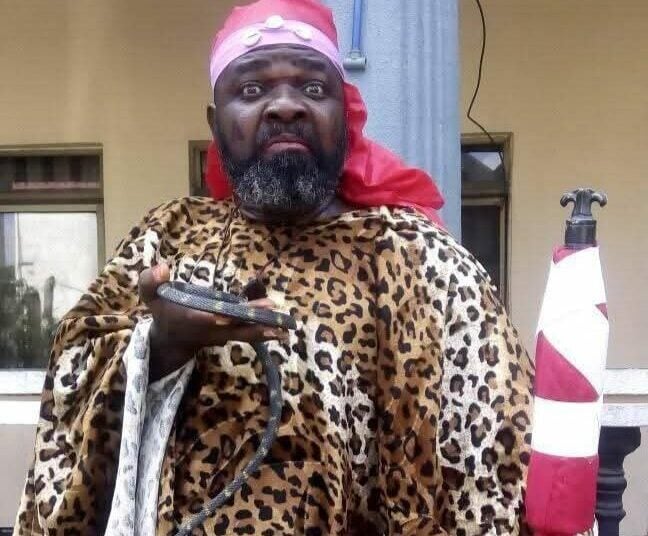Backstreet Boys Unleash AI, Brazilian Love, and Millennium Legacy on Tour

In a candid interview with Billboard Brazil, Backstreet Boys members Nick Carter and Howie Dorough offered a deep dive into the iconic group's 32-year journey, reflecting on their 25th-anniversary Into the Millennium tour, their profound connection with Brazil, the unique Swedish influence on their sound, and their remarkable resilience in a constantly evolving music industry. The conversation underscored their enduring status as pop titans, selling over 100 million records and shaping the collective consciousness of generations with anthems like “As Long as You Love Me” and “I Want It That Way.”
The bond between the Backstreet Boys and their Brazilian fanbase is undeniably special, as articulated by Carter and Dorough who declared Brazil their "second home." Their recent appearance at The Town festival on September 12 in São Paulo marked a significant reunion for fans, part of an updated Into the Millennium tour celebrating the 25th anniversary of their seminal album, Millennium. This celebration extends to the release of Millennium 2.0, featuring remastered tracks, unreleased demos, and live recordings. Howie Dorough vividly recalled the unparalleled dedication of Brazilian fans, citing memories of them camping outside Maracanã in 2001, an act that deeply moved the band and prompted them to ensure the fans' well-being. Nick Carter further emphasized the unwavering loyalty: "Brazil is always the first to remember us as a group. There was never a weak moment in support, through all the highs and lows of our career. It’s always been consistent: a loyalty that never waned." Despite logistical challenges, the band confirms Brazil is consistently on their touring radar, with social media serving as a powerful conduit for fan interaction.
The origin story of the Backstreet Boys is as calculated as it is extraordinary, tracing back to Orlando, the American capital of family entertainment. Visionary businessman Lou Pearlman, inspired by his air taxi clients New Kids on the Block, meticulously assembled the quintet in 1993. Pearlman’s method involved handpicking members to fit specific archetypes, aiming to create a perfect product for the teen market. While initially a calculated experiment, the group’s journey quickly transcended its industrial origins, becoming an authentic and surprisingly enduring phenomenon. However, Pearlman’s legacy is also marred by a fraudulent scheme that led to his conviction for conspiracy and money laundering in 2008, and his subsequent death in 2016. The Backstreet Boys endured years of legal battles to reclaim control over their careers, transforming from victims of their creator into a testament to artistic resilience, proving that their "formula" could outlive manipulation and become a genuine connection with their audience.
A crucial element in forging the Backstreet Boys' distinctive sound was the unexpected influence of cold, but creatively vibrant, Sweden. It was there, at Cheiron Studios, under the guidance of legendary producers Denniz Pop and his protégé Max Martin, that the band’s musical identity truly blossomed. Howie Dorough described this collaboration as "magical," occurring at a time when music sought change from the dominant grunge and rap scenes. The Swedes, inheriting ABBA's legacy, developed a precise formula of irresistible melodies, polished production, and a near-scientific songwriting structure. This expertise led Jive Records to send the Backstreet Boys directly to Stockholm, bypassing traditional U.S. music routes. Nick Carter, who was around 15 during his first trip to Stockholm, notes how these early experiences profoundly shaped their sound. Singles like “We’ve Got It Goin’ On” and “Quit Playing Games (With My Heart)” from their first album, and massive hits like “Everybody (Backstreet’s Back)” and “As Long as You Love Me” from Backstreet’s Back, showcased the iconic "Cheiron sound," fusing diverse elements into cohesive and unforgettable pop anthems. This sensitive approach to crafting timeless hits, embodying the Swedish concept of "lagom" (just the right amount), became a hallmark of their globally recognized sound.
Over three decades, the Backstreet Boys have navigated myriad ups and downs, experimenting with musical directions and adapting to industry shifts. Howie Dorough characterized one period as "survival," where the band sought to redefine its identity and overcome the "boy band" stigma. This journey of reinvention ultimately led them to their current successful phase, highlighted by an upcoming 18-date residency in 2026 at the Sphere in Las Vegas. This groundbreaking venue, known for its immersive 16K internal dome and advanced sound system, represents a significant career milestone. Nick Carter noted the joy of seeing diverse generations—parents and children—enjoying their music together, fostering a sense of peace. While cautious, Dorough expressed optimism about potentially adapting the Sphere show for international audiences, including Brazil, as it remains a work in progress.
The interview also touched upon the impact of social media and the burgeoning presence of artificial intelligence, reflecting the group’s unique position at the cusp of analog and digital music eras. Howie Dorough contrasted early career promotion, which required extensive international travel, with today’s global reach via social media. Regarding AI, Nick Carter expressed a pragmatic stance, advocating for the embrace of technology and AI evolution with "checks and balances" to prevent abuse and protect human creativity. He underscored the irreplaceable emotional investment in their albums, filled with their "voices, blood, sweat, tears, emotions." Howie Dorough, with a mix of humor and seriousness, likened the Backstreet Boys to "John Connor" facing the "Terminator" of AI, emphasizing the responsibility to ensure technology isn’t misused in the music industry.
The conversation concluded by acknowledging the Backstreet Boys' enduring pop legacy, particularly their unexpected resonance with Generation Z through platforms like TikTok. Howie Dorough marveled at how their music transcends generations, much like he was influenced by his parents' music. Nick Carter attributed this longevity to the fundamental quality of their "great songs" that facilitate generational transition. Social media, especially TikTok and Instagram, were highlighted as crucial allies in keeping their music alive and relevant. The interview closed with a reaffirmation of the quintet's sustained talent and genuine appreciation for their fans, marking their transformation from a "calculated experiment" into one of pop music's most beloved and lasting global phenomena.
You may also like...
Bournemouth's Summer Nightmare: £200M Player Exodus Sparks Fan Fear

Bournemouth's decision to retain Antoine Semenyo has been a masterstroke, as the Ghana winger's exceptional performances...
WNBA Finals Game 1 Shocker: Dana Evans, Aces Crush Mercury

The Las Vegas Aces secured an 89-86 victory over the Phoenix Mercury in Game 1 of the 2025 WNBA Finals, driven by their ...
Shocking Ax: Fox Pulls the Plug on Beloved Animated Series 'Great North'

Fox has officially canceled the animated comedy <i>The Great North</i> after five seasons, concluding its run in Septemb...
Unveiling the Horrors: Inside Netflix's Ed Gein Story & Star's Chilling Connection

The Netflix series "Monster: The Ed Gein Story" delves into the life and crimes of the notorious serial killer, explorin...
Backstreet Boys Unleash AI, Brazilian Love, and Millennium Legacy on Tour

Celebrating over three decades in music, Nick Carter and Howie Dorough of the Backstreet Boys reflect on their enduring ...
Ozzy Osbourne's Harrowing Final Confessions Before His Death in Poignant New Documentary

A new documentary, 'Ozzy Osbourne: No Escape From Now,' posthumously showcases the rock legend's final reflections on hi...
Noel Gallagher Unleashes Brutal Critique on Taylor Swift Amid Her 12th Album Launch

Noel Gallagher offers his characteristically blunt, mixed opinions on Taylor Swift's success and modern pop strategies, ...
Tragedy Strikes Nollywood: Veteran Actor Duro Michael Passes Away At 67

Nollywood mourns the passing of veteran actor Duro Michael at 67, following a battle with a terminal illness. Producer S...



